The upcoming 20th G20 Leaders’ Summit in Johannesburg, scheduled for November 22-23, has become the stage for a strategic diplomatic maneuver by South Africa, which is viewing the non-attendance of Chinese President Xi Jinping as a unique opportunity to strengthen bonds with Premier Li Qiang, widely seen by Pretoria as Beijing’s next paramount leader.
While the absence of both President Xi and U.S. President Donald Trump has been characterized by some critics as a blow to President Cyril Ramaphosa’s G20 agenda, government insiders in South Africa firmly believe this opens the door to cultivating an institutional relationship with China’s future leadership.
South African diplomats familiar with the decision confirmed that Xi Jinping’s non-attendance was not a surprise. Crucially, they view Premier Li Qiang’s presence as a significant diplomatic “coup,” signaling Beijing’s strategic intent and orderly process of political transition.
“There is a handover that has been set in motion in Beijing, and the guy who is coming here is next in line to President Xi,” a South African official stated. “For us, it’s a big coup that he is coming here, because we have already started cultivating a relationship with him, in the same vein that we had with President Xi.”
As the second-ranking member of the Politburo Standing Committee, Premier Li Qiang is responsible for managing China’s economy and the State Council. His attendance continues a recent pattern of representing China at major international events, including the World Economic Forum in Davos and last year’s G20 meeting in New Delhi. President Ramaphosa had already engaged in bilateral meetings with Li on the sidelines of the UN General Assembly earlier this year, and further bilateral talks are anticipated at the G20 Summit.
Foreign relations expert Sanusha Naidu suggested that Xi’s absence is consistent with his recent tendency to skip major world events, including the BRICS summit and COP, noting that “Something is happening politically in China, but also health-wise with Xi.”
Naidu also pointed to the subtle, strategic nature of China’s succession dynamics. She emphasized that unlike Western or African political systems, Chinese transitions are muted and highly institutionalized. Recent purges within China’s leadership and the highly important plenum following the 15th Party Congress further indicate shifts that will shape China’s future direction.
The diplomatic landscape of the G20 has been notably altered by high-profile no-shows from some of the world’s most powerful nations, meaning the two biggest global economies China and the U.S. will not be represented by their heads of state.
U.S. President Donald Trump announced he would not send any delegation to the summit, denouncing South Africa’s participation in the forum and peddling misinformation against Pretoria. Despite this, South African officials have downplayed the impact, asserting the summit is not a “diplomatic disaster.”
The list of non-attendees also includes Russian President Vladimir Putin, Mexican President Claudia Sheinbaum Pardo, and Argentinian President Javier Milei, all of whom will send senior cabinet ministers or high-level delegates instead.
Despite the absences, South Africa remains steadfast in its role as G20 president, maintaining that the focus on global challenges and the chance to build a relationship with China’s next generation of leadership outweighs the distraction of the diplomatic boycotts.
The G20 comprises 19 countries (Argentina, Australia, Brazil, Canada, China, France, Germany, India, Indonesia, Italy, Japan, South Korea, Mexico, Russia, Saudi Arabia, South Africa, Turkiye, the UK, and the US) plus the European Union and the African Union.


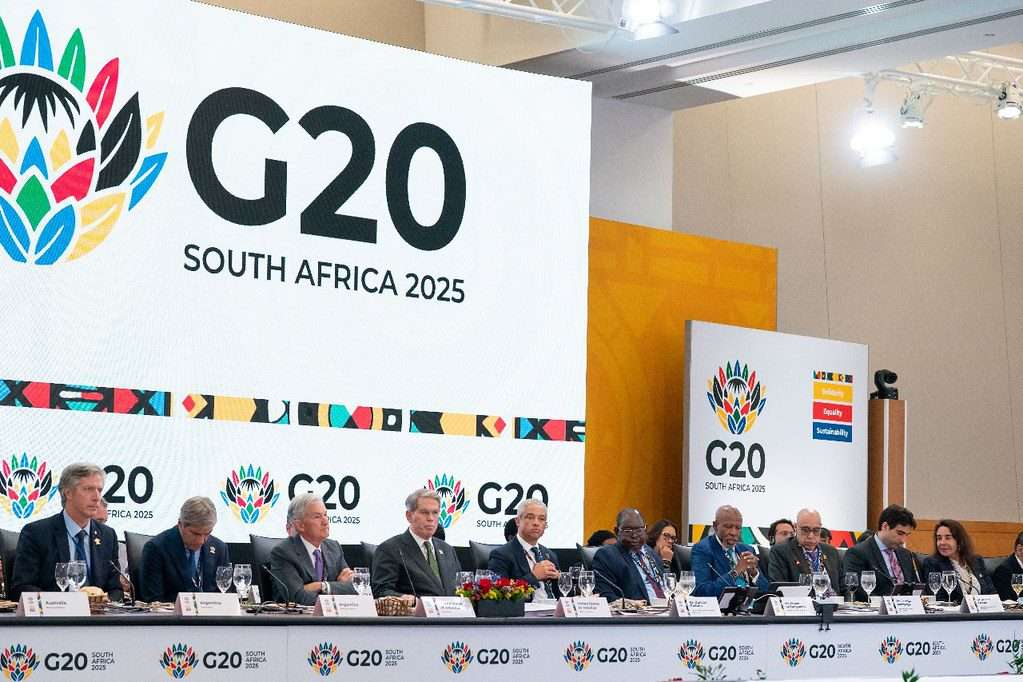
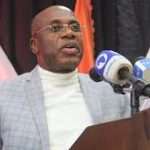

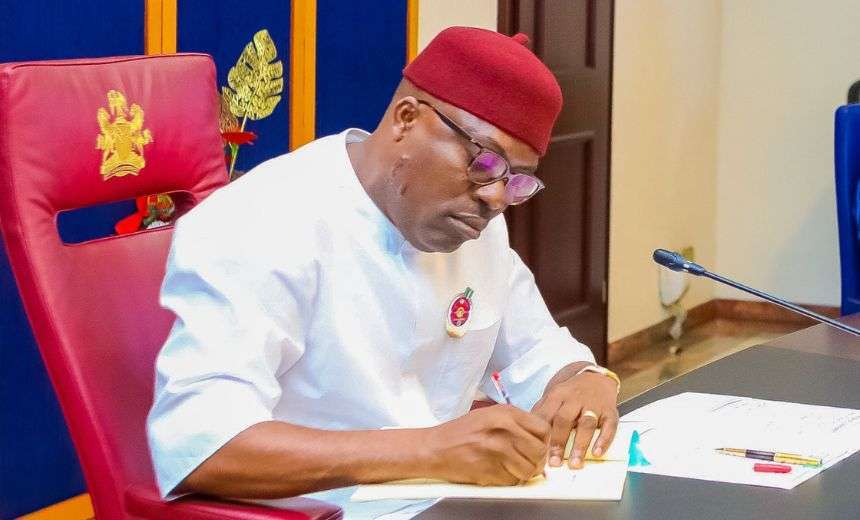
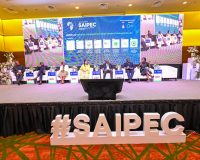
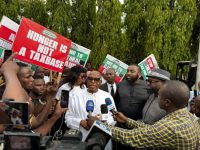
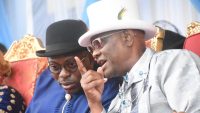
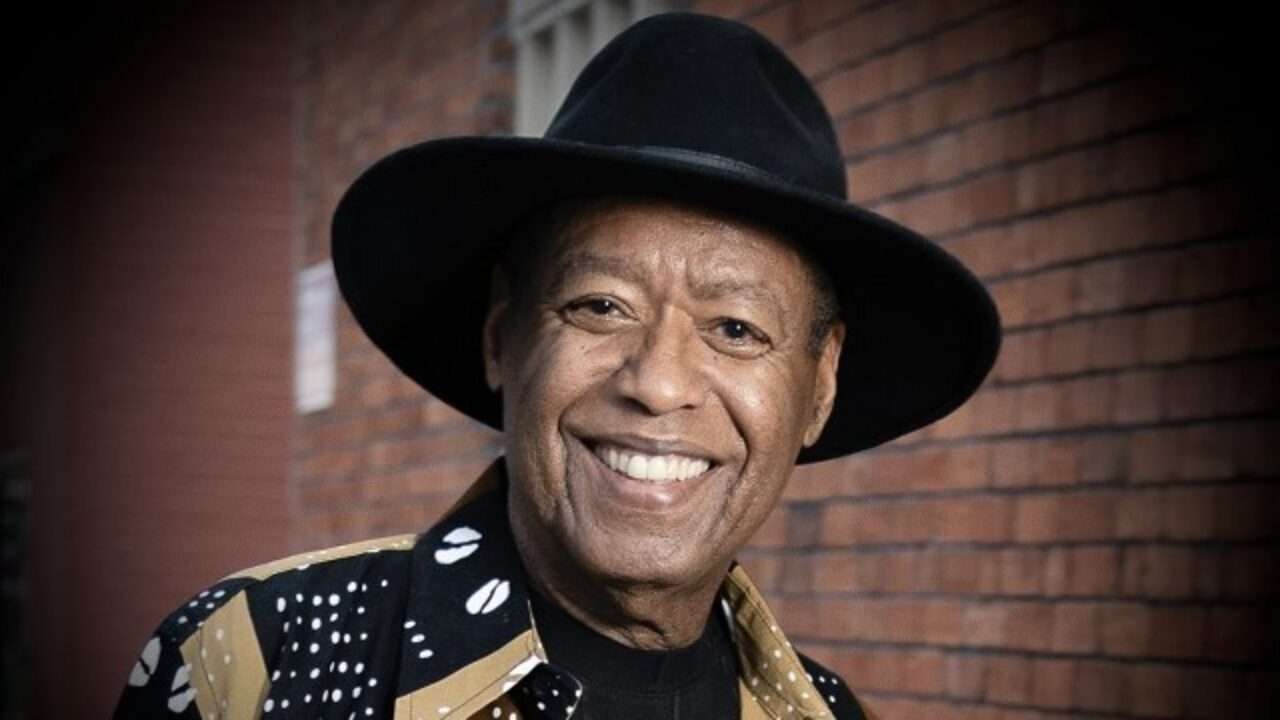



Leave a comment